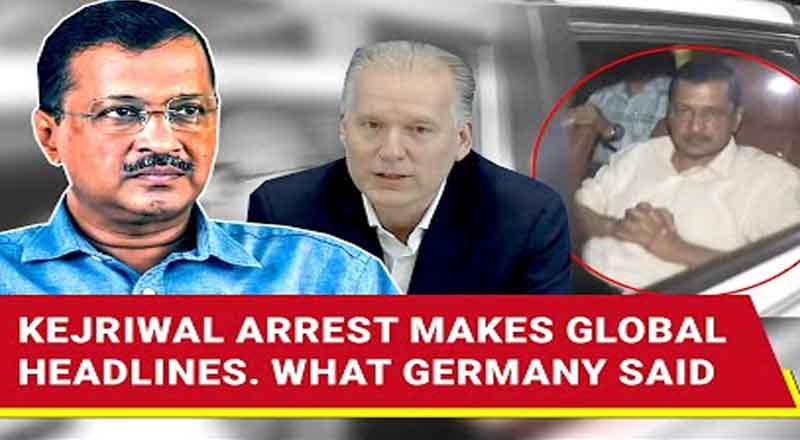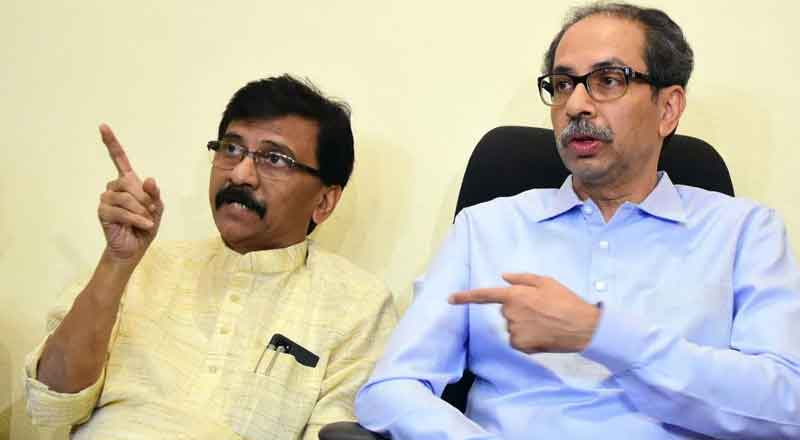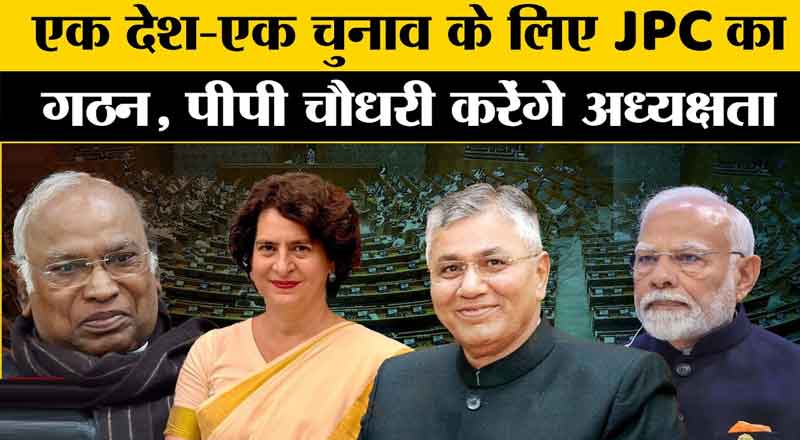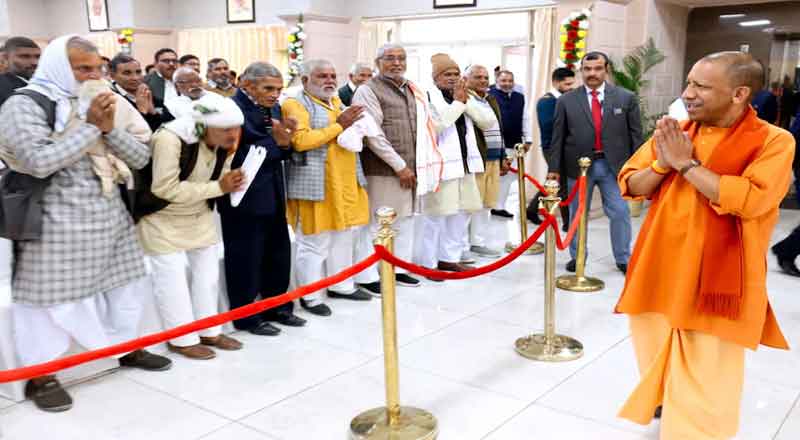- The recent arrest of Delhi Chief Minister Arvind Kejriwal has sparked international attention, with the United States issuing a call for a fair and transparent legal process.
- Amid escalating diplomatic tensions between India and Germany over comments made regarding the arrest, the US State Department spokesperson emphasized the importance of upholding judicial integrity.
- Kejriwal’s apprehension by India’s financial crime agency last Thursday on corruption charges.
- India’s objections to Germany’s comments highlight broader concerns about external perceptions influencing internal legal proceedings.
- Despite the diplomatic friction, India and Germany maintain robust bilateral ties, particularly in defense technology and strategic cooperation.
- The ruling Bharatiya Janata Party (BJP) has refuted allegations of political interference in Kejriwal’s case, reiterating the government’s commitment to impartial legal proceedings.
The recent arrest of Delhi Chief Minister Arvind Kejriwal has sparked international attention, with the United States issuing a call for a fair and transparent legal process. Amid escalating diplomatic tensions between India and Germany over comments made regarding the arrest, the US State Department spokesperson emphasized the importance of upholding judicial integrity.
Kejriwal’s apprehension by India’s financial crime agency last Thursday on corruption charges, vehemently denied by his political party, comes at a crucial juncture, just a month before national elections. In response to queries from Reuters, the US spokesperson reiterated the necessity for a fair and timely legal procedure for Kejriwal, underscoring the principles of justice and transparency.
The situation escalated as Germany’s foreign office spokesperson, Sebastian Fischer, stressed during a government press conference the need for Kejriwal to receive an impartial trial, in line with democratic norms and judicial independence. This stance drew ire from Indian authorities, prompting the summoning of Germany’s deputy chief of mission to express dissatisfaction with what they perceived as interference in their judicial process.
India’s objections to Germany’s comments highlight broader concerns about external perceptions influencing internal legal proceedings. However, the US State Department refrained from commenting on India’s protest against Germany, redirecting inquiries to the German Foreign Ministry.
This diplomatic incident occurs against the backdrop of evolving geopolitical dynamics, with the US increasingly viewing India as a pivotal ally in countering China’s global ascendancy. Critics have accused the Biden administration of prioritizing strategic interests over human rights considerations in its dealings with India, a sentiment underscored by the State Department’s measured response.
Despite the diplomatic friction, India and Germany maintain robust bilateral ties, particularly in defense technology and strategic cooperation. The ruling Bharatiya Janata Party (BJP) has refuted allegations of political interference in Kejriwal’s case, reiterating the government’s commitment to impartial legal proceedings.
As diplomatic discussions unfold, the Indian embassy in Washington remains silent on the State Department’s stance, leaving room for further speculation and dialogue. The intersection of legal proceedings, international relations, and domestic politics underscores the complexities inherent in navigating diplomatic waters during sensitive legal cases.
(With inputs from agencies)





